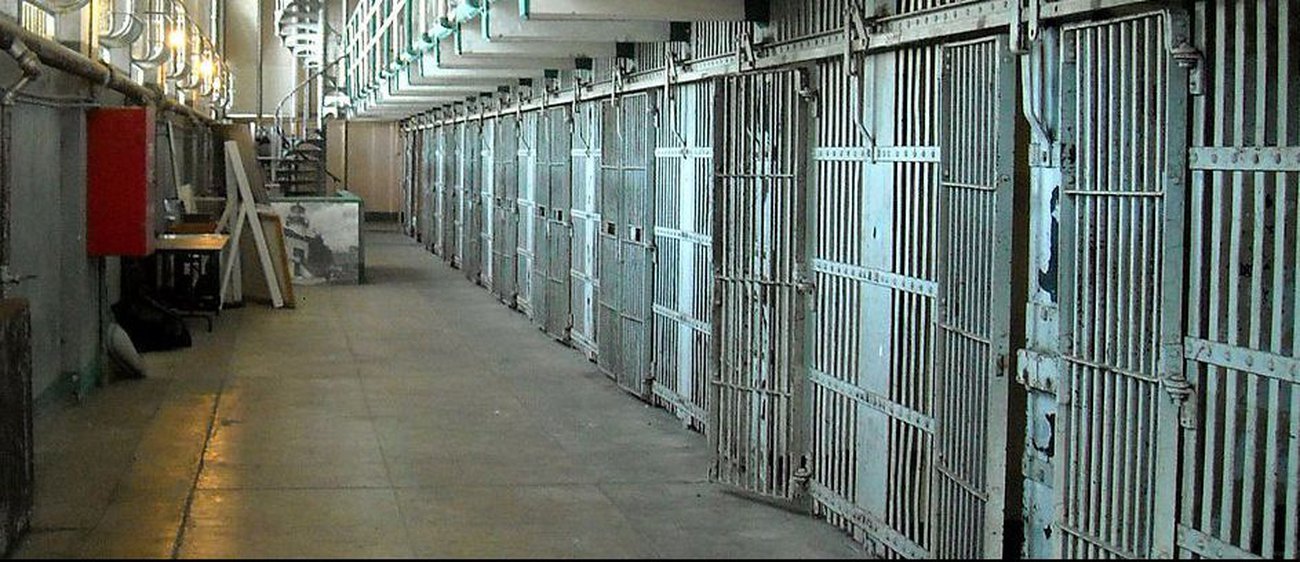Egyptian Foreign Minister Sameh Shoukry reduced his visit to Algeria to
just a few hours, during which he met the Algerian President
Abdelmadjid Tebboune, and delivered a message from General Abdel
Fattah al-Sisi.
Shoukry met the Algerian Foreign Minister Sabri Boukadoum at lunch
but did not hold the meeting or bilateral discussions with him that he
was scheduled to hold on the situation in Libya.
Diplomatic sources told Egypt Watch that this visit reflects hidden
tension in relations between Egypt and Algeria because of Libya.
Shoukry said in a press statement after the president’s reception that
Algiers and Cairo have the same common interest in achieving a
political solution in Libya and not to accept any kind of external
interference.
He also stressed the need not to accept any kind of foreign military
presence in Libyan territory.
Sameh Shoukry mentioned that he delivered to the Algerian president a
message from al-Sisi that is related to supporting historical relations
between the two countries and working to activate relations and
congratulated him on his election as president during the presidential
elections on December 12.
In a statement the Algerian Foreign Ministry announced that Shoukry
would hold during this visit bilateral talks with Boukadoum regarding
regional conditions, especially developments on the situation in Libya.
However, that bilateral meeting did not take place and the two ministers
met for lunch. The lunch ended quickly, and Shoukry went straight to
the airport, back to Cairo.
Cairo or Algeria did not explain the reason for not holding the meeting,
while sources from the Algerian Foreign Ministry said that Shoukry
canceled the meeting on the pretext of lack of time, saying it was time to
take his plane.
Egyptian diplomatic sources indicate that Boukadoum did not show up
at Algiers International Airport to meet Shoukry.
Instead, the Secretary-General of the Algerian Ministry of Foreign
Affairs Rashid Beldahan received the Egyptian minister upon his arrival
in Algeria.
Yet Boukadoum received Turkish Foreign Minister Mevlüt Çavuşoğlu
last Monday when he arrived at the airport.
Cairo considered that reception the second clear indication of Algeria’s
bias against it along with Turkey and the internationally recognised
Government of National Accord (GNA).
The difference between the political position between Algeria and Egypt
became clear in relation to the situation in Libya, when the Algerian
president announced that “the Libyan capital, Tripoli, is a red line that
no one should cross.”
Egypt supports the Libyan National Army (LNA) led by Khalifa Haftar,
which has been waging a continuous attack since last April against the
GNA that administers the capital, Tripoli.
Although Egypt has repeatedly confirmed its support for Haftar
publicly, Shoukry was forced not to talk about this openly during his
visit to Algeria.
Instead, Shuokry reiterated that Egypt is keen on a political solution and
on stopping the war in Libya.
Official sources in the Algerian foreign ministry indicate that the new
political authority is dissatisfied with the duplication of the Egyptian
position, which does not help in formulating a peaceful solution.
Sources referred to the Egyptian regime’s speeches about respecting UN
decisions and supporting the militias that attack the UN-recognised
government at the same time.
On Monday evening, Algeria condemned “vigorously with violence” in
Libya, “the latest of which was the massacre that claimed the lives of
about 30 students at the Military Academy in Tripoli.”
The Algerian statement described that action as “a criminal act
amounting to a war crime.”
The United Nations Libyan envoy said that a country supporting
commander Khalifa Haftar’s self-styled LNA was likely responsible for
the deadly drone attack on a military academy in the capital Tripoli.
Observers say The United Nations Libya envoy accuses Egypt and UAE
of this attack.
Estimates say that the Algerian army is ranked 23rd globally and second
in the Arab world, just after the Egyptian Army.
Egypt hopes that Algeria will not support the GNA in the face of Haftar
and the LNA, because this means that the GNA will receive a major push
that may alter the balance of power.
Cairo excluded Algeria from its calculations in Libya due to the recent
political turmoil, and bet that any new system would seek to calm
protesters first, and it would be preoccupied with its internal issues, but
Algeria apparently surprised Cairo.
Algeria shares a long border with Libya, which makes its support from
the west easy, and Turkey may also use those borders to support the
GNA, which is what Cairo fears.





Recent Comments